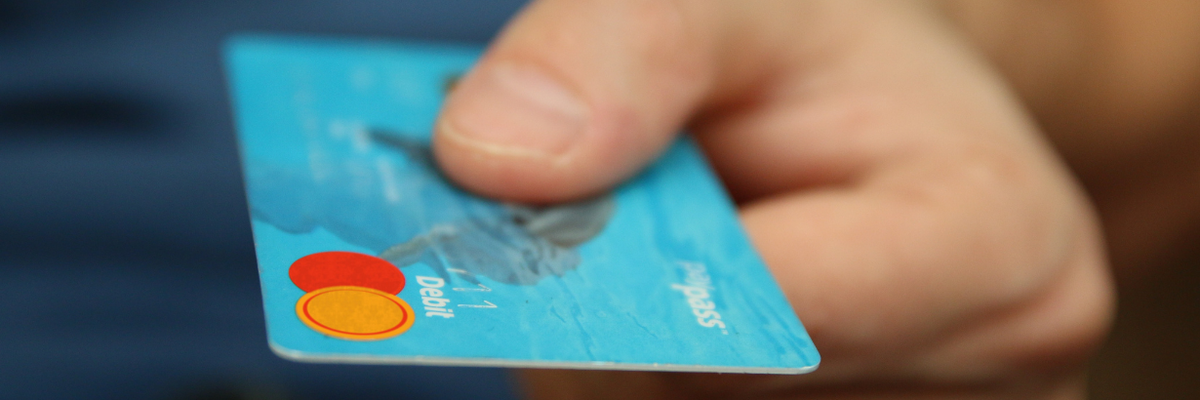YouGov data shows that fewer than one in ten Americans use contactless payments – compared to almost two-thirds of Brits
Journalists and commentators have been predicting the death of cash for many years now – with some arguing that contactless and mobile payments will eventually replace it for good. YouGov research from November 2020 also indicates that the COVID-19 pandemic has led to a significant decline in the use of hard currency since the outbreak began.
But if rumours of cash’s downfall are not exaggerated, they are at least somewhat premature in the US and Great Britain. Data from YouGov Profiles reveals that over six in ten (68% GB; 60% US) consumers still use banknotes and coins for in-store purchases in both countries.
That said, our research also highlights some notable differences between the payment preferences and habits of shoppers across the Atlantic.
Less than one in ten Americans use contactless or mobile payments
While Britain has a greater population of consumers who use cash to make in-store purchases, it also has a significantly larger number of people who use contactless payment methods.
Our data shows that nearly two-thirds (64%) of British consumers use contactless debit cards, and over a quarter (28%) use contactless credit cards. In the US, just 7% pay with either the former or the latter. Mobile payments are less popular in both populations, though Brits are still more likely to use Apple Pay, Square Cash and similar services than their American counterparts (8% US; 13% GB).
Some have hypothesised that contactless and mobile payments have been slow to penetrate the American market because of security concerns, geography (the US being a larger and more fragmented market than many others) or a simple lack of contactless payment cards in circulation.
Profiles research also reveals that American consumers are more likely to swipe their debit (29% US; 21% GB) and credit (18% US; 9% GB) cards, and more likely to use cheques (6% US; 2% UK).
Americans are more attached to cash than Brits
But our data also suggests that Americans are more predisposed towards cash in general. Under four in ten (37%) Brits agree with the statement “I like to use cash when making purchases” – and 45% disagree – compared to 52% of US consumers, a third of whom (34%) disagree.
In Great Britain, cash preference is somewhat driven by age: 42% of over-55s say that they like to use cash, compared to just 31% of 18-34s (52% of whom disagree). In the US, though, this difference is less pronounced: 49% of 18-34s agree that they like to use cash, only rising to 53% of over-55s.
While the rollout of contactless and mobile payments in Britain has seen more success and the US may have a cultural preference for cash that transcends technophobia, age, or any of the other commonly-cited reasons for avoiding contactless and mobile payments. It remains a highly popular method of payment in both markets.
Banks and other financial services that operate in both countries will be well aware that the US and Great Britain are very different markets. But despite COVID-19, cash does not appear to be anywhere near dead in either.
Find out more about YouGov Profiles here








